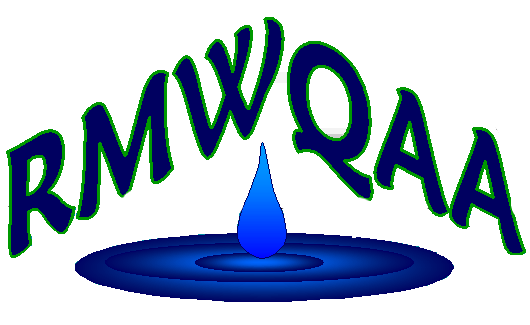Contributed by Melissa Mimna
Melissa Mimna is Laboratory Manager for the City of Boulder Water Resource Recovery Facility (WRRF) where she has worked in the WRRF Lab for the past 12 years. Melissa is a certified Water Quality Analyst and Wastewater D Operator. When she isn’t in the lab or writing poetry, she enjoys spending time with her family and pets, gardening, and traveling.
Feeling uninspired about topics, I’ve opted to write you a rhyme
About how our industry sometimes feels like it’s stuck in time
“This is how we’ve always done it”- we’ve all heard that phrase
But perhaps that thinking is better for things like hollandaise?
Some techniques from decades ago might be outdated
In fact, many of them maybe even slightly antiquated
So, how do we know when the old techniques have merit?
Or whether it’s a method we should try to disinherit?
Some say the proof is in the pudding, or in the lab- we say in the QC
(We avoid the term pudding in wastewater labs, as you can imagine to be)
If the QC look great and the data make sense
Maybe the old method works fine in the present tense
To question a convention, you might ask “why” 5 times in a row
Why we still analyze for BOD… that we may never know
Why did they decide to sample with that weird dipper cup?
And what would happen if we try to switch it all up?
Why this method, location, frequency, or sample type?
Are these fancy TnTs worth all the hype?
The series of whys might help to decide which changes are worth making
Because a simple method change can be quite an undertaking
And sometimes we need to produce more data to know
If that old ISE probe is still the best way to go
Some old methods might still be quite effective
And each Lab has our own goals and perspective
Try something new, especially if the cost is low
Because, unless you try, you’ll never know
Try a new local vendor- save some money on bottles or gloves
Because saving money and buying local is something most everyone loves
On the other hand, no one has time to reinvent the wheel
Some of these methods are gold standards and might keep their appeal
A key skill to develop is knowing when a change could do more harm
And listening to your gut about the old methods having charm
Like anything in life, it’s a balancing act
And even though it is science, it’s not always exact
The decisions made decades ago might still ring true
(A good reminder to document your changes for the next crew)
While this blog post may not have provided you with any new insight
I hope it reminds you that it’s not black and white
Knowing when to question or just go with the flow
That’s a big part of life and we learn as we go
We’ve said it before, but it’s worth saying again
In the end, we’re all doing the best that we can
 Welcome to the
RMWQAA Website!
Welcome to the
RMWQAA Website!  Welcome to the
RMWQAA Website!
Welcome to the
RMWQAA Website!